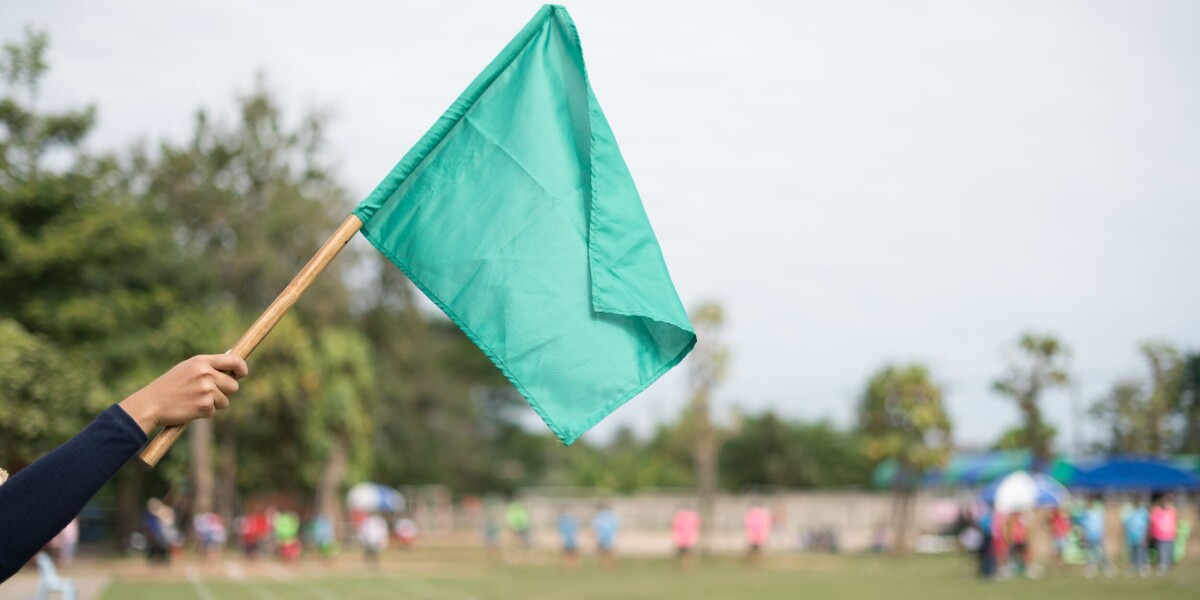
Learning french: what does top départ mean and when should it be used?
- Select a language for the TTS:
- UK English Female
- UK English Male
- US English Female
- US English Male
- Australian Female
- Australian Male
- Language selected: (auto detect) - EN
Play all audios:

A HANDY PHRASE TO INDICATE THAT AN EVENT IS UNDERWAY C’est le top départ ! We look at how to use this saying and even share some alternative French phrases to mark the start of a journey or
event. WHAT DOES TOP DÉPART MEAN? This phrase literally translates as: the top departure. It was originally reserved for sporting activities - to mark the start of a race or match, for
example. The saying has gradually evolved to adopt a more figurative sense, and can now also be used when referring to the beginning of any general events, campaigns or pre-planned journeys.
Read also: Learning French: when and why do we say le jour J? Similar phrases to c’est le top départ include: * C’est le top de départ - It is the moment we have been waiting for * C’est
parti - Let’s go * C’est le jour J - It’s go time (can also refer to D-Day in French) * Allons-y / on y va - Off we go * Top chrono - Starting now * Donner le coup d’envoi - Get the game
underway (kick-off) Donner le top départ can also be used to mean: to give the go ahead or to fix a date for an event. In a similar vein, the expression can be used when counting down to an
important day. Read also: Learning French: what does c’est parti mean and when should it be used? WHEN DO YOU SAY TOP DÉPART? It can be said when a sporting event is underway: You can also
say this to add excitement or drama to the start of a scheduled campaign, journey or activity: Say this to indicate that something is happening soon: You can even say it to ask when an event
is scheduled for: Read also: Learning French: the origins and meaning of impossible n’est pas français TO WHOM DO YOU SAY TOP DÉPART? It is neutral, colloquial language that can be used in
a range of situations: with friends and family, or even strangers and colleagues. It can be used in spoken or written French. You often see the phrase featured in social media posts or
printed in newspaper headlines to indicate that an event has begun. If you would like us to explain a particular word or expression, or if you have any other Learning French suggestions, let
us know at: [email protected]
